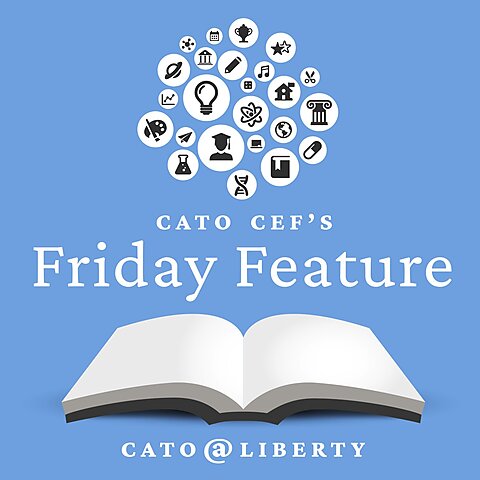Ashley Brodbeck was a classroom teacher for ten years, spending time in district, charter, and private schools. But when her daughter was born, she started seeing things differently. “I look at it firstly as a mom now, then an educator—versus just through an educator’s lens,” she says. She realized there were things she was required to do that she wouldn’t want for her own child.
Her background is middle school math and language arts, and she spent the first five years of her career teaching fifth grade. Her husband was in the military at the time and received orders that involved a move, so she left that school. Then she taught middle school math for three years. “And that’s when I thought, things just aren’t the same as they used to be. I don’t have that passion, that drive, that excitement, to teach any longer,” she recalls. She was frustrated by the students’ attitudes and disrespect. “The kids weren’t motivated, and it seemed like no matter what I did—I could put the most engaging lesson together, I could stand on my head with fireworks—nothing mattered to the kids. I couldn’t reach them.”
Ashley realized she wasn’t doing her students, her family, or herself any favors staying in a job where she was getting burned out just trying to get them to care. And she wanted to spend more time with her own daughter. So she left at the end of the school year to open Riverside Educational Services. “I kept the name very vague in the terms of services because I didn’t know what I was going to do with it,” she explains. “I knew I wanted to teach, but being in the traditional classroom setting just wasn’t working any longer. So I opened it up under the umbrella of this vagueness.”
She started with a tutoring business, where she was able to help 30 kids throughout the school year. She also held a reading class and various summer workshops last year. She says the most popular ones were the science workshops because the local school district doesn’t do much science in the early grades.
Starting next school year, Riverside will offer a full‐time K‑5 microschool. Ashley originally thought of doing Monday through Thursday to have three‐day weekends and use Fridays for at‐home learning and field trips. But as she spoke to parents, the feedback was that many needed five days a week to make it work. She decided to take a flexible approach, offering the full‐time 9 a.m. to 3 p.m. option and two part‐time options so local homeschool families who are interested can also participate. As she describes it,
I’m going to do math, reading, and writing, the three core, in the morning. With my experience in the classroom, you gotta get the most important stuff done before lunch. Otherwise, they’re gone. Then in the afternoons it’s going to rotate: two days a week will be science, two days will be social studies. I’m going to have “fun Friday,” but that’s really just catch up, some private tutoring, one‐on‐one support. And then electives will be in the afternoons, too. So hopefully those home school families could say, ‘I want to come for the academic chunk’ or ‘I want to come for the more hands‐on elective chunk in the afternoon.’ So I’ll offer it that way, and we’ll see what happens. I’m giving priority to those who are coming full day versus half day.
Riverside is a participating entity in the Indiana Education Scholarship Account Program, which is an education savings account (ESA) that allows students with special needs to use a portion of state education funding for a variety of educational expenses. She has two students who already use it for private tutoring, and she thinks any student who qualifies will be able to use the funds at the microschool next year as well. She’s reached out to the state to see if she’s right, but she doesn’t have a definitive answer yet.
However, she’s not currently planning to participate in the Indiana voucher or tax credit scholarship programs because of the regulations that are attached to them. “Without me being an accredited school, I can’t touch some of those funds,” she explains. “But I purposely am not going to become accredited. I’ve been told what to do within the classroom for so long that I don’t want to be told what do anymore.” She acknowledges that some parents see that and think it means Riverside has less value. But Ashley says, “I see it as the complete opposite. I have the option to tweak things as I need to for your kid. I’m not committed to doing something. The government can’t come in and tell me I have to do standardized testing with your student anymore. So I see the value in not being accredited, and it’s something that I’m going to have to educate parents on.”
Ashley’s in this for the long haul. She’s currently offering up to fifth grade and plans to add a grade each year with those older kids until they reach eighth grade. She’s not sure what, if anything, she’ll do about high school. Her vision is for Riverside to outgrow the church she’s currently using and for her to eventually house it on her own property.
“I don’t want to not teach,” Ashley says. “And that’s what I tell people—I didn’t leave the classroom because I don’t want to be a teacher. I left the classroom because I didn’t want to be in that environment. So I’m building an environment I do want to be a part of.”

